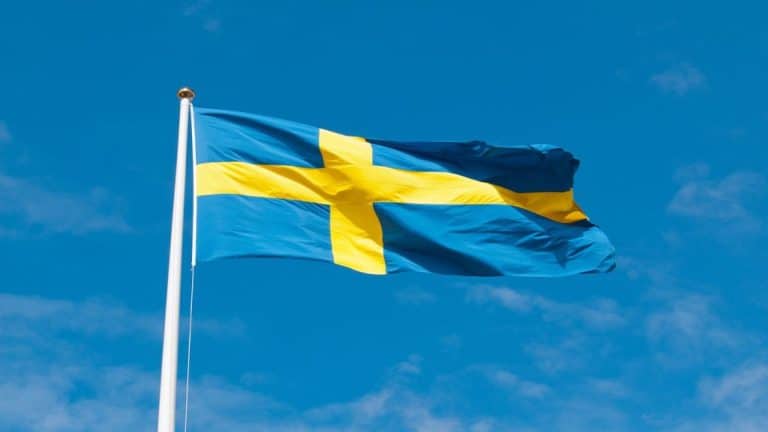
UNHCR has published ten facts and recommendations for action on statelessness in Sweden. The standard of proof for establishing that a person is stateless is quite high in the country.
- Statelessness in Sweden mainly occurs in the migratory context. By the end of 2022, Sweden had a stateless population of 21,037 individuals, many of whom were born in Syria, Palestine, and Iraq.
- Swedish legislation does not contain a definition of a stateless person. UNHCR recommends that the binding definition of a stateless person in Article 1 of the 1954 Convention relating to the Status of Stateless Persons be incorporated in Swedish legislation to strengthen the interpretation and application of the definition in law and in practice.
- In Sweden, the determination of whether an individual is stateless is carried out by two authorities: by the Swedish Tax Agency for the purpose of registering an individual in the Population Register, and by the Swedish Migration Agency (SMA), for the purpose of establishing the identity of the applicant for an immigration permit or for nationality. UNHCR recommends that Sweden establish a dedicated statelessness determination procedure, to avoid gaps in the identification of statelessness and ensure that stateless people can enjoy their rights.
- The standard of proof for establishing that a person is stateless is quite high in Sweden. As a result, many individuals, mainly children, are instead recorded as having an “unknown” nationality, although there are strong indications of statelessness. UNHCR recommends reviewing the application of burden and standard of proof, and using the category “unknown” nationality with caution.
- Stateless persons in Sweden are not able to regularize their immigration status solely based on their statelessness. While many stateless people also are refugees, not all will benefit from refugee status and a related residence permit. UNHCR recommends that persons recognized as stateless be granted a specific residence permit, to allow them to have access to the rights guaranteed by the 1954 Convention.
- In the period of 2014 to 2022, Sweden has granted nationality to 48,217 stateless people residing in Sweden. However, the shift in recent years from permanent to temporary residence permits for refugees in Sweden as the general rule has limited the ability of stateless people to acquire Swedish nationality, since permanent residency is required as the main rule in order to be eligible for Swedish nationality. UNHCR recommends that Sweden provide for the real and effective facilitation of naturalization for stateless people in line with its international obligations.
- By the end of 2022, 10,361 children legally residing in Sweden were without nationality. UNHCR recommends, as the best and safest way of avoiding childhood statelessness, that children born stateless in Sweden be allowed to acquire nationality automatically, regardless of whether or not they are residing in Sweden legally. UNHCR also recommends undertaking an analysis of the circumstances behind the high number of children with no nationality in Sweden.
- The current Swedish Citizenship Act requires that a child have a permanent or temporary residence permit in order to acquire nationality through a notification procedure. UNHCR recommends that this requirement be replaced with “habitual residence” as envisaged by Article 1 of the 1961 Convention. Habitual residence is to be understood as stable and factual residence, but does not imply a requirement of lawful residence.
- In 2019, Sweden submitted four pledges for the High-Level Segment on Statelessness, demonstrating its commitment to address the challenges highlighted in the UNHCR Mapping of Statelessness in Sweden. UNHCR appreciates the progress made on the pledges and recommends that Sweden address the remaining challenges as identified in the UNHCR Mapping of Statelessness in Sweden.
- Sweden became a state party to the 1954 Convention in 1965. Sweden maintains reservations to Article 12(1) (personal status), Article 24(3) (social security), Article 25 (2) (administrative assistance) of the Convention. UNHCR recommends that Sweden withdraw these reservations to ensure full compliance with the 1954 Convention.
(Source: UNHCR)